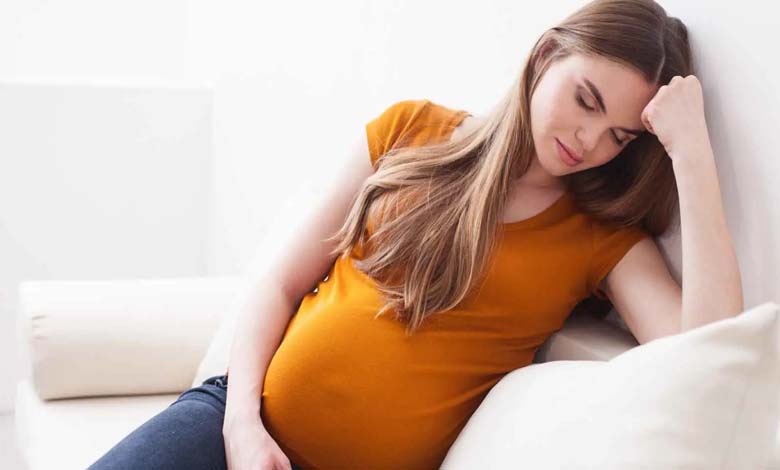Prenatal Depression: Why Does It Happen?

Hormonal changes can lead to a significant decrease in the pregnant woman’s energy, affect sleep quality, and take her on an emotional roller coaster.
-
Which Mothers Are Most at Risk of Postpartum Depression?
-
Experimental Drug to Treat Depression Without Narcotic Side Effects
This blend of pregnancy hormones, according to the website “bellefit,” makes mothers more sensitive to stress and anxiety, not to mention the swelling, pain, and constant fatigue they experience. It can be challenging for a mother to feel like herself when she is exhausted, and the drastic change in lifestyle can also make it difficult to return to a normal routine.
Experts say that first-time mothers are more likely to feel lonely during pregnancy due to a mismatch between expectations and reality.
-
A Scientific Study Reveals a Promising Solution for Depression and Heart Diseases
-
Simple Exercises Reduce Rates of Depression and Anxiety
Today, there is a lot of information available about the mental health of mothers after the birth of their child, particularly postpartum depression. However, there is very little discussion about the mental health of mothers before childbirth.
The report from the website points out that pregnancy can distance friends and family, who may think you need peace and rest, without realizing the impact this distance can have on your mental health.
-
The Importance of Mental Health: Understanding and Managing Anxiety, Depression, and Stress
-
“Menopause”: Symptoms That May Appear in Your Thirties
Prenatal Depression
Sometimes, this feeling of loneliness is not due to a lack of interaction with one’s social network but is instead a symptom of a condition called prenatal depression, which is often a strong precursor to postpartum depression.
The report explains that it is not easy to detect the signs of prenatal depression because they resemble many typical pregnancy symptoms. However, it remains essential to recognize these signs, as prenatal depression can become a serious condition that could affect your baby’s development.












